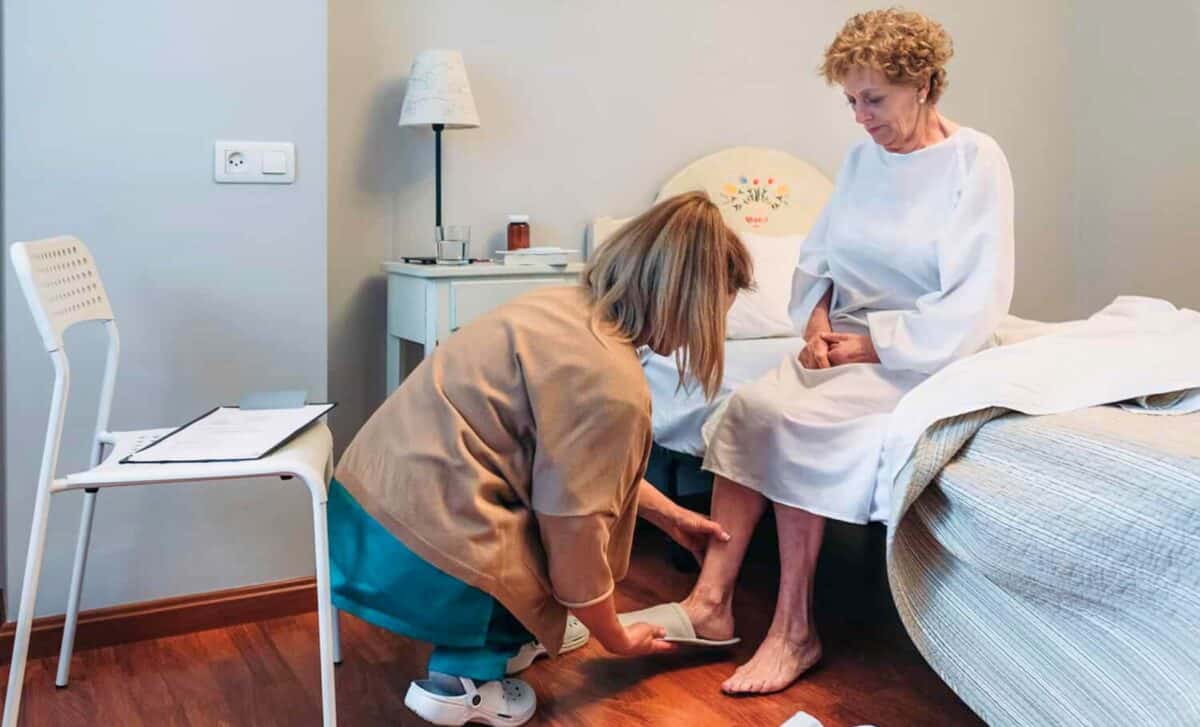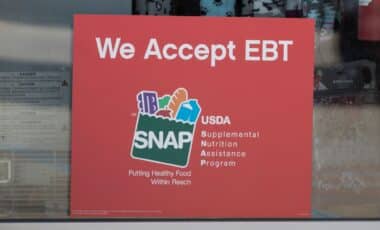The latest statistics from Social Security Scotland show that 685 applications for Carer Support Payment were made by the end of March, counting 430 claims processed and a decision letter issued.
The figures also show around 68% of carers’ claims were successful, which equals around 292 applications, while 13% were denied (56) and 19% (82) were removed.
Carer Support Payment: Transition from Carer’s Allowance, Success Rates, and Application Trends
Carer Support Payment is slowly replacing Carer’s Allowance, which is managed by the Department for Work and Pensions (DWP). It is at present only open to new claimants residing in the pilot areas of Dundee City, Na h-Eileanan Siar (the Western Isles), Perth, and Kinross; however, it is meant to roll out in North and South Lanarkshire and Angus by June 24.
The payment is worth £81.90 per week for people providing 35 hours of care to a family member, neighbour, or friend—around £327.60 every four-week pay period. Claimants can also opt for receiving weekly payments.
The new benefit is supervised and distributed by Social Security Scotland and has the same weekly earnings limit as Carer’s Allowance — £151.
Almost three-quarters of all the Carer Support Payment requests have been submitted online (71%), and the most common age group for applicants is 35–39 and 65 and over.
Applicants’ age groups:
- 18-24: 11%
- 30-34: 12%
- 35-39: 13%
- 65 and over: 13%
Pilot area applications:
- Dundee City: 48%
- Perth and Kinross: 36%
- Na h-Eileanan Siar: 7%
Only new claimants can benefit from Carer Support Payment; people who already receive Carer’s Allowance from the DWP will remain unaffected by the rollout and will have their present award moved over to Social Security Scotland in stages.
It’s important to know that the DWP will carry on paying Carer’s Allowance until the transition to Carer Support Payment is completed.
There will be no gap in payments during the transfer between benefit platforms, and the amount a person receives will remain the same.
Eligible carers living in locations where Carer help Payment is not yet available are urged to submit applications for Carer’s Allowance from the DWP to ensure they do not miss out on help.
Carers aged 16-19 in full-time ‘advanced’ study, as well as carers aged 20 and up, are eligible for Carer Support Payment. Starting June 24, 2024, these regulations will extend eligibility to some 16-19-year-old caretakers in full-time ‘non-advanced’ education, such as school.
Carer Support Payment Rollout Timeline
- Available to claim now — Perth & Kinross, Dundee City, and Na h-Eileanan Siar (Western Isles).
- June 24: North and South Lanarkshire, Angus.
- August 19 — Fife, Aberdeen, Aberdeenshire, Moray, North, East, and South Ayrshire
- November 4: Available across Scotland.
Backdated payments
The new rules also provide specific backdating provisions. This means that carers who do not receive Carer’s Allowance but are qualified for Carer Support Payment can have their benefits retroactively applied to the day Carer Support Payment first became accessible. This prevents carers from losing money because they live in an area covered by the later phases of the deployment.
The primary beneficiaries will be carers aged 16–19 in full-time “advanced” education (such as university) and carers aged 20 and up in full-time education at any level.
To get fully backdated benefits, carers must submit an application within 13 weeks of the benefit becoming accessible in their area.
Transfers from the DWP to Social Security Scotland started in February of this year, and all awards are projected to be relocated by Spring 2025.
Requirements for Carer Support Payment
Carer Support Payments are payments made to carers who provide care for someone receiving a qualified disability benefit and meet specific eligibility conditions.
The carers must:
- Be 16 or older.
- Live in Scotland.
- Provide care for 35 hours or more per week.
- Not pursue certain courses.
- Earn no more than £151 per week after taxe, National Insurance, and expenses.
The cared-for person must get one of the following disability benefits:
- Adult Disability Payment: daily living component at standard or increased rate.
- Child Disability Payment: Middle or High Care Rate.
- Attendance Allowance.
- Personal Independence Payment.
- Disability Living Allowance — Middle or High Care Rate.
- Constant Attendant Allowance at or above the standard maximum rate for Industrial Injuries Disablement Benefit.
- Constant Attendance Allowance at or above the basic (full day) rate, with a War Disablement Pension.
- Armed Forces Independence Payment.
If the carer is getting any of the following benefits, it may lower the amount they receive from Carer Support Payment:
- State Pension.
- Maternity Allowance.
- Contribution-based Jobseeker’s Allowance (New Style Jobseeker’s Allowance).
- Contribution-based Employment and Support Allowance (New Style’ Employment and Support Allowance).
- Incapacity Benefit.
- Severe Disablement Allowance.
- Widowed Mother’s Allowance or Widowed Parent’s Allowance.
- Training Allowance.
- War Widow’s or Widower’s Pension (Additional allowance for spouse element).
- Unemployability Supplement that is paid with Industrial Injuries Disablement benefit or War Pension.
- Widow’s Pension or Bereavement Allowance.
- Industrial Death Benefit.
These are referred to as ‘overlapping advantages’. Benefits ‘overlap’ when they are provided for the same reason.
All of the benefits listed above, including Carer Support Payment, are ‘income replacement’ benefits. This means that a carer cannot get both the foregoing benefits and the entire amount of the Carer Support Payment at the same time.
If a carer’s overlapping benefit is less than Carer Support Payment, they will receive the difference — known as a ‘top-up’.
If their overlapping benefit equals or exceeds Carer Support Payment, they will not get Carer Support Payment.
This is referred to as ‘underlying entitlement’. Having an ‘underlying entitlement’ can help caretakers acquire either:
- More cash in addition to their existing advantages.
- Access to advantages previously unavailable to them.









